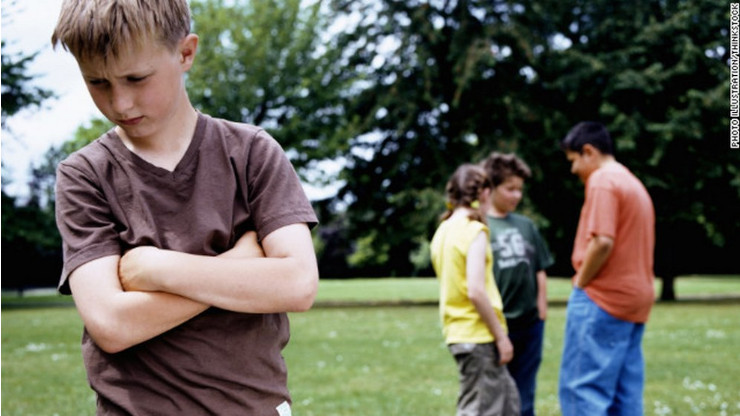We’ve run several stories on the opt-out movement (example), and to be honest I’m not entirely supportive of the opt-out objective. Standing up to the county’s progressives, whose sense of tolerance and respect declines with every passing day, is admirable where appropriate. Nevertheless, for the students’ welfare, I wonder if pursuing opt-in would be better than opt-out. Here are a few scenarios.
Fatima is a third-grader whose parents secured permission to opt-out of the elementary school’s LGBT curriculum. Every late morning the teacher breaks out the age-appropriate books showing pregnant fathers strolling in the park. Fatima’s teacher respectfully asks the child to go to the library for the next 30 minutes. That makes Fatima an exception. In third grade this interaction may not be enough to form a lasting stigma; nevertheless, her classmates tell their parents about Fatima’s absence, and those parents in turn provide a judgmental evaluation about Fatima and her parents’ behavior. Alternatively, Fatima feels unfairly excluded from her friends, and asks her parents to lighten up, thus creating tension at home.
Fatima’s brother Hassan is in middle school. Five years older than Fatima, Hassan is now aware of what it means to respect his parents’ wishes, and actively excuses himself from the forced LGBT lessons where a textbook has a picture of the same pregnant father strolling in the same park. At this point Hassan is placed, or is placing himself, in a possibly toxic social situation that ruins friendships formed in elementary school.
From his interactions at the Wheaton Community Recreation Center, Hassan has a high-school friend named Calvin. Calvin is the son of uber-progressive parents who have been telling him that the entire family will move to Canada if Trump wins the presidency because Trump is full of hate and deserves to be in jail as do all his supporters because they are all climate-change deniers and because they don’t display a colorful We Believe yard sign. (Calvin’s parents also serve on the county’s anti-hate commission.) Fortunately, Calvin has been surreptitiously reading Clean Slate MoCo, watches the Twitter feed from Moms for Liberty MoCo, and has come to the conclusion that LGBT studies are as much a “core subject” as the course International Baccalaureate Theory of Knowledge. Courageously, Calvin walks out of the third-period LGBT classroom even without his parents’ permission. (So does Calvin’s crush Juanita, but that has no bearing on Calvin’s resolve.) Calvin is disciplined, dismissed from the varsity baseball team, and suspended for two weeks. His horrified parents don’t know how to explain the boy’s behavior to their uber-progressive friends, and in fact they do move to Canada out of shame.
All these outcomes could, and should, be avoided by adopting an opt-in policy. If Fatima, Hassan, and Calvin want to learn about LGBT, they can opt in to those courses just as students do with model United Nations, Orchestra, and Multi-variable Calculus and Differential Equations. No child is sanctioned because they choose not to attend an optional class. Either they object to the material or couldn’t care less about the subject, but they are not forced to display their preference in front of their classmates. During a school assembly we don’t ask all the obese students to shame themselves by walking on stage in front of everyone; similarly, we shouldn’t force students to publicly make a statement by opting out of LGBT.
An even better solution is to allow school choice: some schools can make LGBT mandatory, others make it optional, and others don’t even offer it because it isn’t a priority. Such an arrangement lets each side mingle with like-minded parents and students, and would go a long way to reducing the judgmental conflict over what is a “core” subject.
(Do you think opt-out is a better policy than opt-in? If so, send your thoughts to inquiry@cleanslatemoco.com.)




